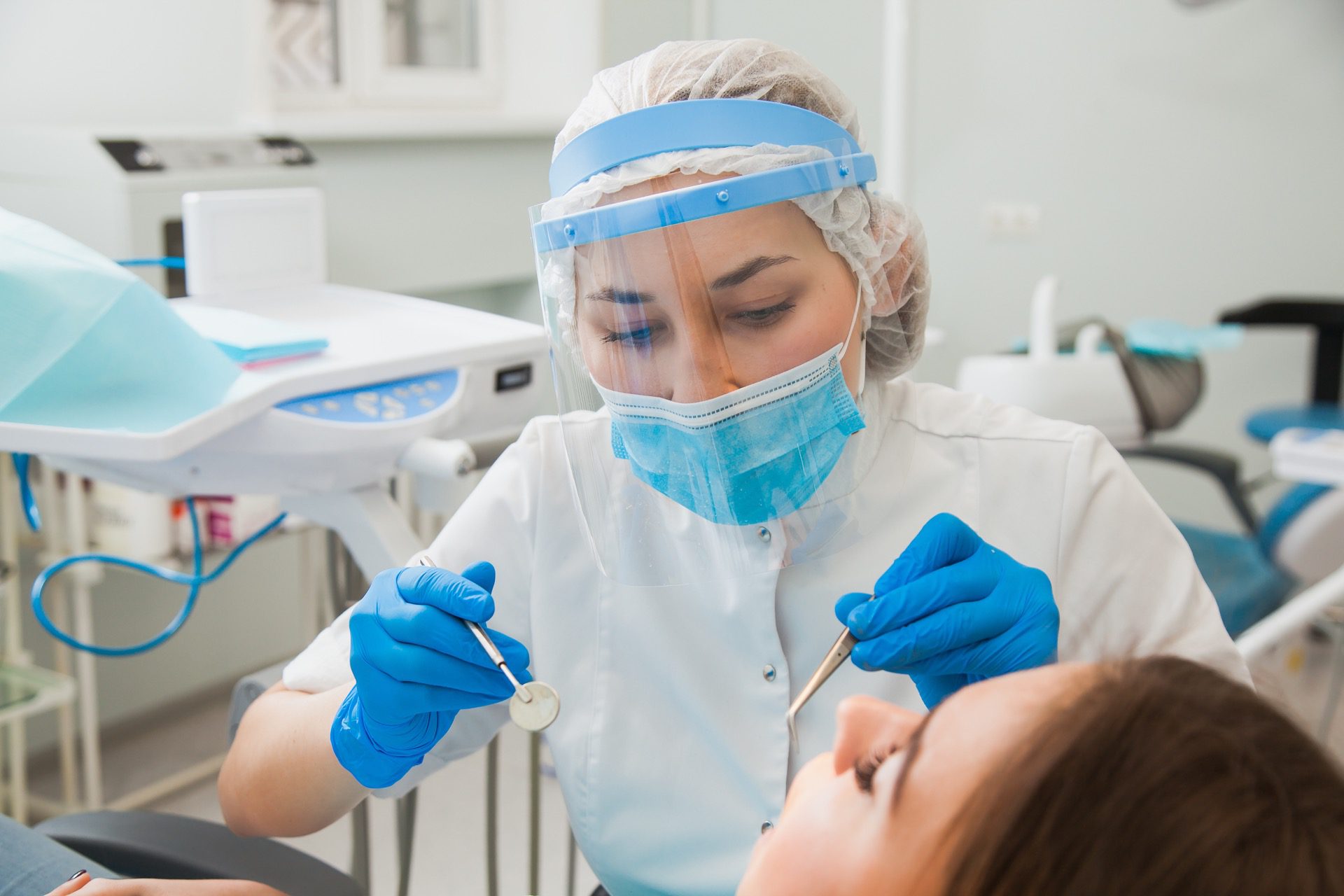One of the most common reasons people tend to avoid the dentist is the fear of pain. While you’ll likely experience some discomfort after your procedure, most of the time any pain you’ll experience is minimal and short-lived.
Although discomfort sucks, leaving dental problems untreated can lead to severe pain. That’s why it’s important to still stay on top of your oral health. This is a great time of year to utilize your dental benefits as many plans renew in the new year (so go see your dentist!).
Below, we go through some of the most common kinds of dental pain and how to treat them so your next dental visit isn’t a painful one.
Headaches After Seeing the Dentist and the Most Common Kinds of Dental Pain
Dental work can cause discomfort since you have to hold your mouth open for an extended period of time while a dentist navigates and works on your mouth. As such, some of the most common types of pain you can experience include the following:
Headaches
Headaches are a common discomfort after visiting the dentist. They can be induced by stress, dental anesthetic, or muscle strain from holding your mouth open for extended periods of time. In either case, they will likely subside. An over-the-counter pain killer such as Tylenol or Advil may be used to treat your pain (but please check with your physician before taking any medication).
If you’re experiencing extended headaches after any operation, contact your dentist and let them know so they can help you get to the root of the issue. For a full breakdown of headaches after seeing the dentist, read our detailed article!
Jaw Muscle Fatigue
One of the most common types of soreness from the dentist, jaw muscle fatigue is typically caused by just having your mouth open for an extended period of time. You may even experience small muscle spasms in your jaw.
The soreness from jaw muscle fatigue will subside without treatment, but it may take up to a few days. Anti-inflammatories, applying heat to the sore jaw, and massage are all common remedies that can be done to help ease the discomfort.
Dry Socket Pain
This kind of pain only occurs after tooth extraction and most commonly as a result of wisdom teeth removal. It’s caused by the blood clot falling out from where a tooth was removed. This pain is usually severe and starts within a few days following the procedure.
If you experience extreme pain after an extraction, immediately visit a dentist for them to treat it since the pain can be significant otherwise.
Soft Tissue Injury Pain
One of the most annoying kinds of pain, if you experience this kind of pain it could be from the dental anesthetic injections, irritated gum tissue around the tooth that was worked on, or even from biting your lip, cheek or tongue while frozen.
If your soft tissues are sore after a dental appointment you can regularly swish your mouth with salt water. Your mouth does heal quickly and within 2-3 days you should be good as new.
Tooth Sensitivity
Also a common kind of pain, tooth sensitivity can occur after many different dental procedures. Understand that it’s a normal kind of pain to experience after seeing the dentist. Tooth sensitivity will usually resolve on its own after about a week. If it persists or worsens, it is important to visit your dentist so they may assess the area. Sometimes a simple bite adjustment is all that is needed to resolve the problem.
Pain is never fun to experience, but in most cases, it can be easily treated. If you’re concerned or worried about any kind of pain before you see your dental procedure make sure to let your dentist know ahead of time so they can help you through it. They may even be able to use different tools to ensure you don’t feel any or at least as much pain.


